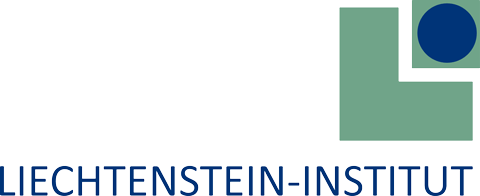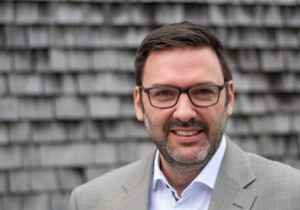German Federal Elections 2025
St. Luziweg 2
Auf dem Kirchhügel
LI 9487 Gamprin-Bendern
Speaker
Eike-Christian Hornig, political scientist, former research fellow at the Liechtenstein Institute
About the presentation
The so called "Ampel" coalition ended prematurely with some fanfare in the winter of 2024. After the vote of confidence in the Bundestag was lost, early elections were then called for 23 February 2025. In principle, the election campaign began on the day the vote of confidence was called in the Bundestag. It made it clear that there had been considerable tensions between the coalition parties for some time, which made governing together much more difficult. None of the parties achieved an absolute majority in the elections; due to the fragmentation of the German party system, it is even questionable whether a two-party governing coalition will materialise. At the same time, some coalitions were categorically ruled out from the outset. The question of who and how Germany should be governed in the future is therefore still open.
About the lecture series
2025 is an election year in Liechtenstein. But also elsewhere, for example in Germany. That is why the Liechtenstein Institute is launching the "Elections 2025" series of events in January 2025. The series will initially focus on the national elections in this country. It will begin with Wilfried Marxer, who will present typical, divisive and also curious facts from past state elections. After the elections on February 9, the first main results of the post-election survey will be presented. This lecture by Thomas Milic will focus on the question: Who voted for whom, when and why? At the end of March, Eike-Christian Hornig will report on the early election of the German Bundestag on February 23, 2025, which was called as a result of the break-up of the governing coalition. Finally, the state elections will once again take center stage: the fourth lecture in the series is dedicated to the panache statistics of the state elections. What can be gleaned from the panache voting behavior of Liechtenstein voters?









